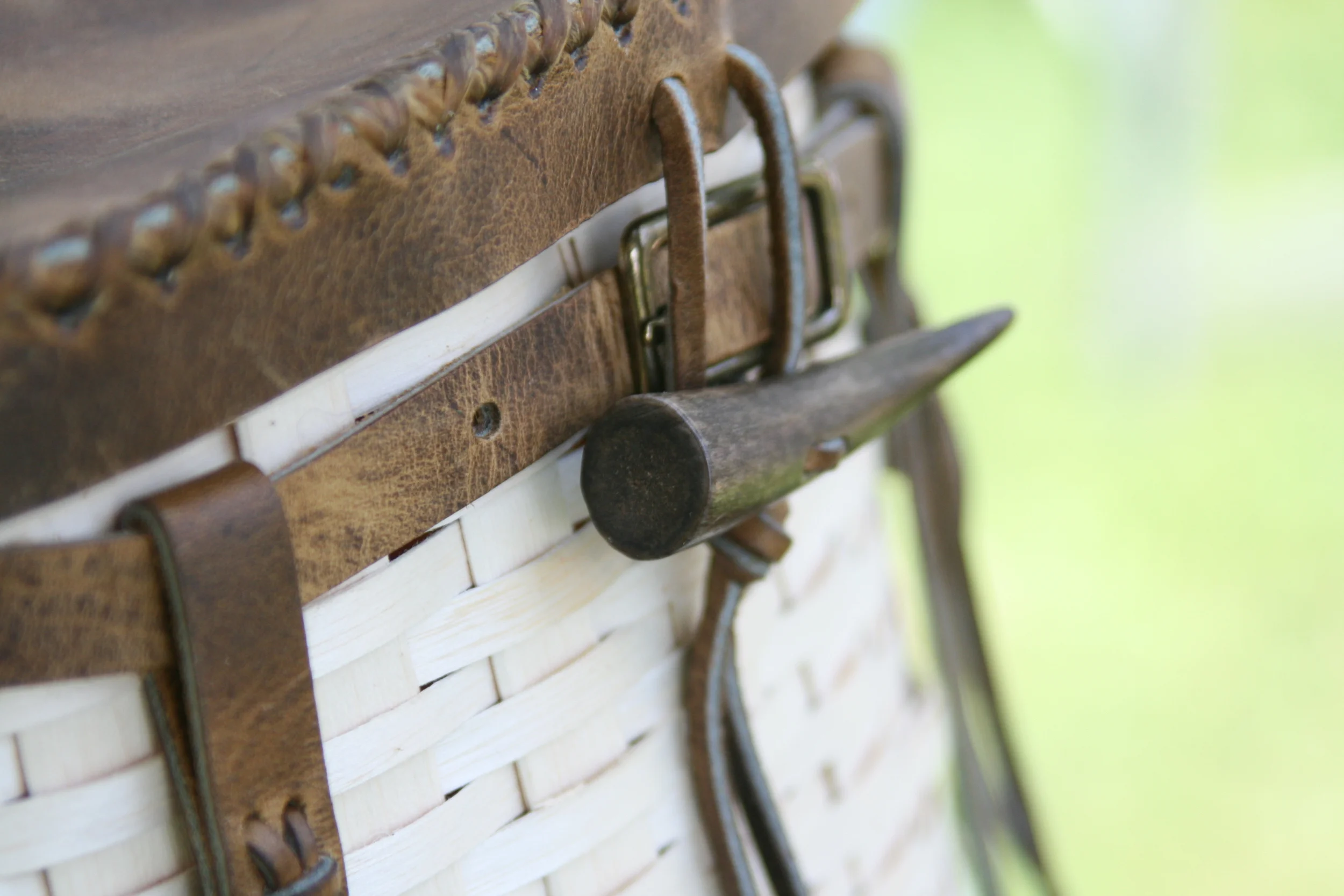The Abbe Goes Back to School
/ |
| Raney Bench, Abbe Museum Curator of Education and students at the touch table. |
Teachers come too, for workshops, resources, and support from our staff. But our education work extends far beyond Bar Harbor. Abbe education staff and volunteers travel throughout the state, working with schools and teachers too distant to make a day-trip to Bar Harbor. Our artifacts travel, reaching children from Cumberland to Aroostook.
Twelve years ago, the Maine legislature passed a mandate,
LD291, requiring teachers at all grade levels, kindergarten through diploma, to
include Wabanaki history, government, and culture in the Social Studies
curriculum. Maine is one of only a
handful of states requiring such a comprehensive approach, yet the state has
never provided funding for this mandate. The Wabanaki tribes have been
instrumental in developing a set of essential understandings to guide teachers and students in their
studies, and they have created resources and teacher training opportunities. The
tribes agree that many hands make light work, and in order to successfully
reach a state-wide audience, education partners like the Abbe Museum are
essential.
 |
| Students explore the touch table. |
Recognizing the need to support teachers, students, and the
Wabanaki, the Abbe applied for and received a grant to expand our educational
outreach from the Institute for Museum and Library Services in 2012. Partnering
with the tribes and the state Department of Education, the Abbe is in the
process of creating new multi-disciplinary lessons for students at all grade
levels. These lessons will be available on-line for free through our website,
the Department of Education's site, and the tribal sites. In addition, Curator of
Education, Raney Bench, will coordinate 16 free teacher workshops in every
county, with a goal to reach 800 teachers with these new resources. Each
workshop will include networking opportunities between teachers and Wabanaki
educators and artists to encourage connections that will last beyond the
workshop.
“The other thing you taught me is that you can tell
something about someone by what they used and what they left behind. I thought
that was the coolest thing I’ve ever learned. I usually never pay attention to
anything, but everything about the Abbe Museum was interesting; there was
nothing boring about it.” – Student Visitor






